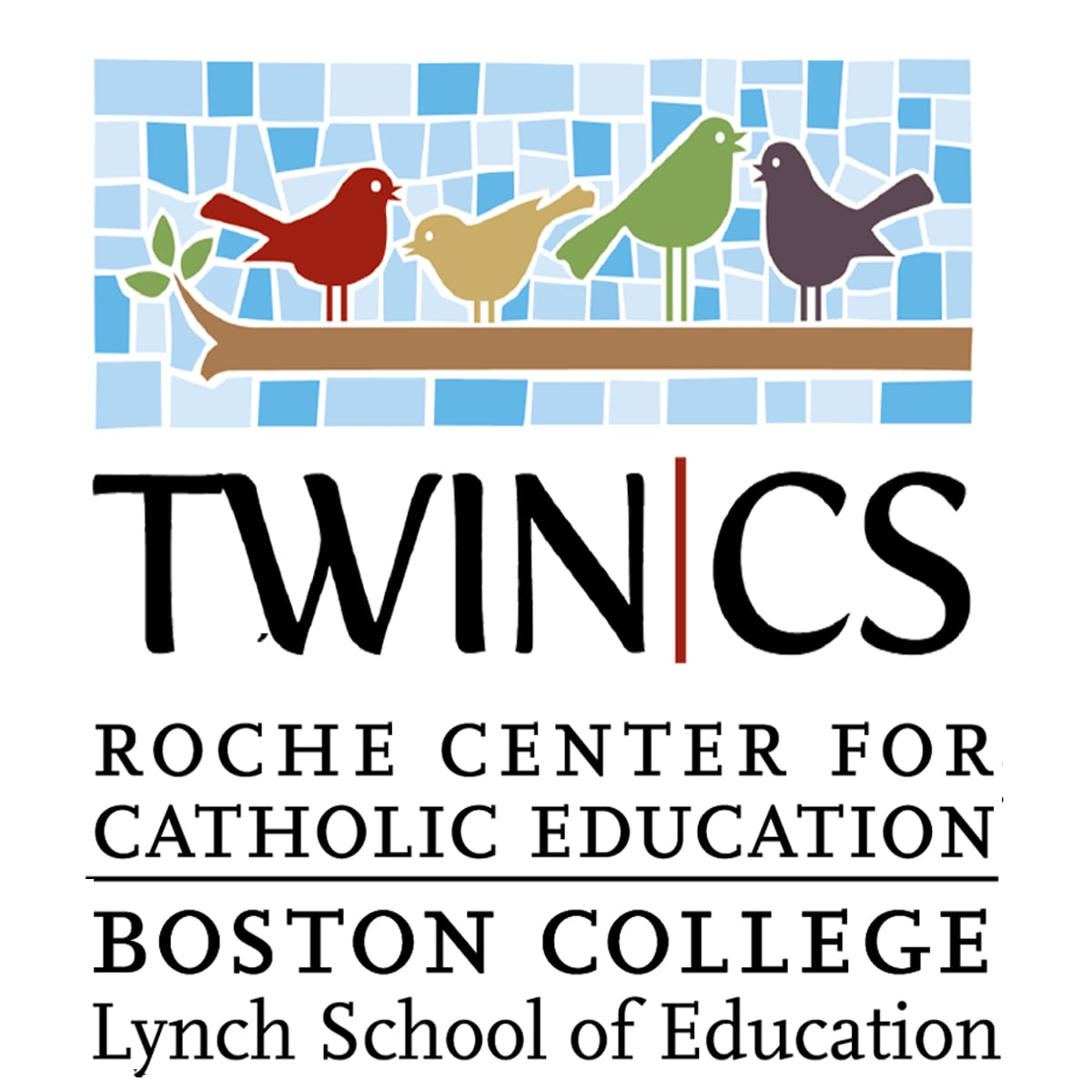During this past week, La Cosecha, a dual language conference located in New Mexico, celebrated its 23rd year with over 3,000 people gathering to exchange ideas on dual language education. Several TWIN-CS members attended the conference, including Principal Leticia Oseguera and mentor Susanne Peña (see her blog post here). Olivia Harlow, writer for local newspaper Santa Fe New Mexican, brings keen insight into the fundamentals of the event.
According to the article, of these 3,000 attendees, there were “teachers, presenters and vendors from 41 states, nine Native American tribes and nine foreign nations,” all of whom congregated during this four-day event to discuss how to improve dual language education and “to share teaching strategies.” While the event has always been popular, this year “saw a much higher increase in enrollment than usual — between 25 percent and 30 percent more attendees.” Some believe this may be due to recent political climate and a focus on “protecting languages and promoting multilingualism.”
During the course of the conference, some attendees noted an increased “concerns about diversity and … [the need] to protect cultures and languages.” Raquel Balboa, a volunteer at La Cosecha, states “A lot of kids are losing their language,” and feels as though these kids are also losing ties to their heritage culture. Dual language education attempts to foster connection through language and culture, a concept which is reiterated by Leslie Sánchez, director of development with Dual Language Education New Mexico: “For so long in our state, speaking Spanish was considered a deficiency, [which] created a [mindset] loss of language and culture… [being bilingual is] reclaiming who we are.” Sánchez also proclaims that dual language education is “making our kids more competitive in a global economy.”
If you would like to read more about this “conference for teachers by teachers,” please read the complete article here.

